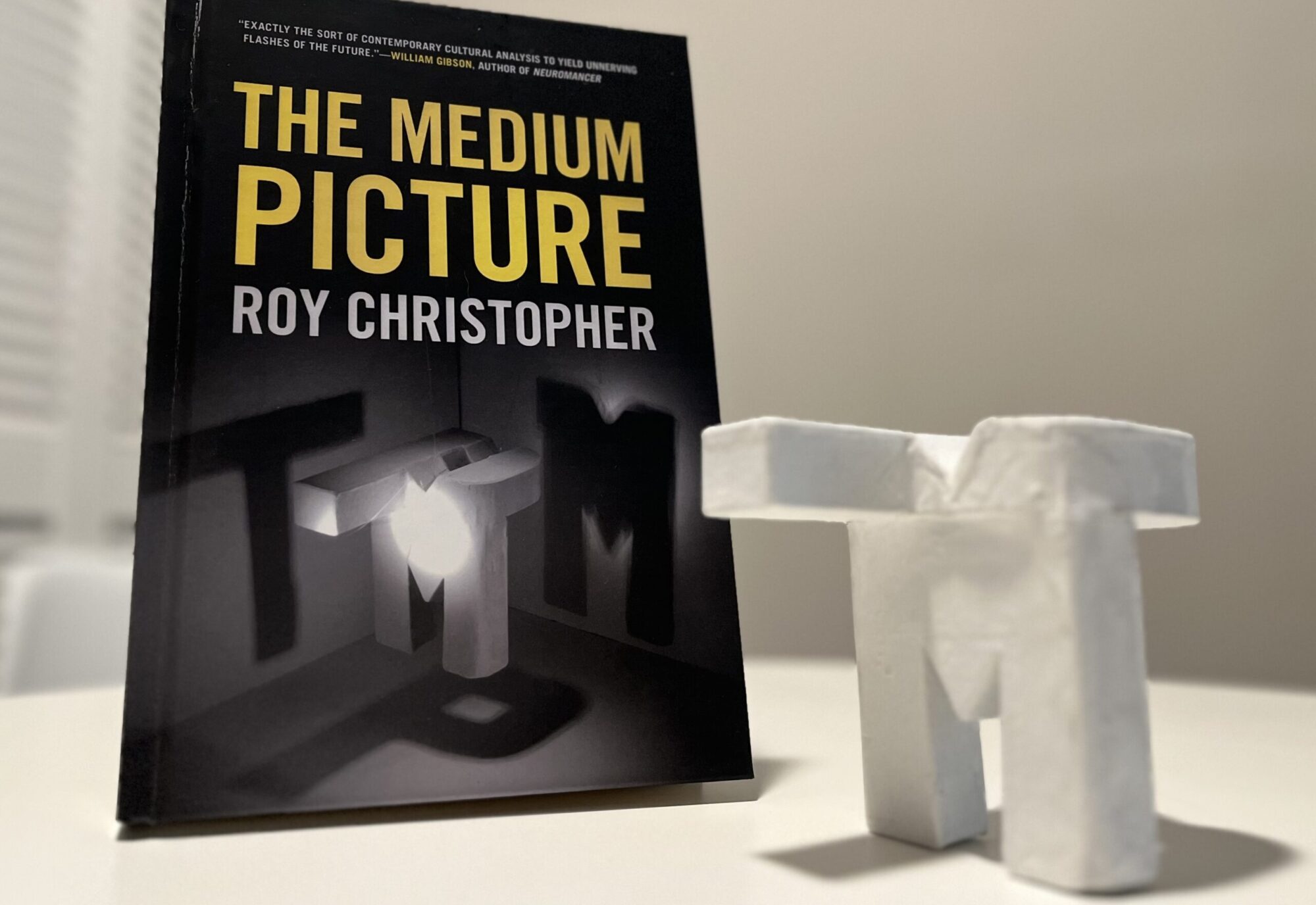The other day, Soft Skull‘s Richard Nash posted a link to a speech by Mike Shatzkin on the future of books and booksellers, calling it “dead-on.” Having heard the doors to traditional book publishing creek as they close, I have to agree with Richard: insights abound. It looks like the Cluetrain has finally reached the dead media…
One of Shatzkin’s main insights concerns the impact of the web on publishing. No, it’s not the old, knee-jerk “end of print” claim, but one that may still point to print’s end. Where the book industry’s organization is arranged around formats (i.e., it is horizontal), the organization of the web lends itself to topics of interest regardless of format (i.e., it is vertical). The file is now the medium of distribution — not the book or the magazine or whatever: The barriers between media dissolve online. He explains it thusly,
…the Internet naturally tends to vertical organization, subject-specific organization. It naturally facilitates clustering around subjects. And as communities and information sources form around specific interests, they undercut the value of what is more general and superficial information within horizontal media. At the same time, format-specialization makes less and less sense. Twentieth century broadcasting, newspapers, and books had special requirements that demanded scale, sometimes related to production but more often driven by the requirements of distribution. On the Internet, distribution is by files, and files can contain material to be read on screen or printed and read; it can contain words or pictures; it can contain audio or video or animation or pieces of art. When the file becomes the medium of exchange, not a book or a newspaper or a magazine or a broadcast delivered over a network with very limited capacity, it eliminates the barriers that kept old media locked in their formats.
 The audio files of the music industry are much more suited for the digital revolution of production. That is, the shift from atoms to bits (though there is The Institute for the Future of the Book which hosts projects such as McKenzie Wark‘s G4M3R 7H30RY, Lawrence Lessig’s release of The Future of Ideas free online, and No Starch Press recently offered free torrents of a couple of their titles). Shatzkin argues that audio books, portable readers, and digital print-on-demand will enable the same for books. Even so, we aren’t seeing the total paradigm upheaval in book publishing that we’ve seen in music. Its transformation is happening piecemeal. For the book market, the shift is good for consumers and long-tail-ready retailers, but not so much for old-order publishers.
The audio files of the music industry are much more suited for the digital revolution of production. That is, the shift from atoms to bits (though there is The Institute for the Future of the Book which hosts projects such as McKenzie Wark‘s G4M3R 7H30RY, Lawrence Lessig’s release of The Future of Ideas free online, and No Starch Press recently offered free torrents of a couple of their titles). Shatzkin argues that audio books, portable readers, and digital print-on-demand will enable the same for books. Even so, we aren’t seeing the total paradigm upheaval in book publishing that we’ve seen in music. Its transformation is happening piecemeal. For the book market, the shift is good for consumers and long-tail-ready retailers, but not so much for old-order publishers.
 For the smaller publishers, branding is now social. Building community through social sites — as Disinformation and Soft Skull have done — is essential, but it just doesn’t make sense for large legacy publishers like Harper Collins or Random House. These smaller web-age publishers are much more agile and attuned to the times. And, as some older publishers are finding out, having an extensive back catalog does not necessarily mean having viable long-tail content.
For the smaller publishers, branding is now social. Building community through social sites — as Disinformation and Soft Skull have done — is essential, but it just doesn’t make sense for large legacy publishers like Harper Collins or Random House. These smaller web-age publishers are much more agile and attuned to the times. And, as some older publishers are finding out, having an extensive back catalog does not necessarily mean having viable long-tail content.
Competition is stiff and getting stiffer, the zeitgeist is leaving books behind, and the shift to digital is still infecting everything. What does all of this mean for book publishers and authors? As a self-publisher and as a writer, I’ve seen the effects of these trends at work firsthand. Though I opted for a more traditional route with Follow for Now (I’m maintaining an inventory of atoms), print-on-demand services are good and getting better. The digital options are now rivaling the traditional paths to print. This is good news for writers looking for ways to get their ideas out there. The same can be said for the ease of blogging. Making the transition to “paid writer” or “author with a book deal” is the difficult part, though it’s still possible: Christian Lander, the guy who started the “Stuff White People Like” blog, recently landed a reported $300,000 book deal with Random House.
But where is the middle ground? Lander’s deal is clearly an exception to the new rules, and to call the unpaid blogging community “overcrowded” is to do the word a disservice. Can writers — like their musician counterparts — make a living in the new market? Is its resistance to digital assimilation a boon or a burden for book publishing?

